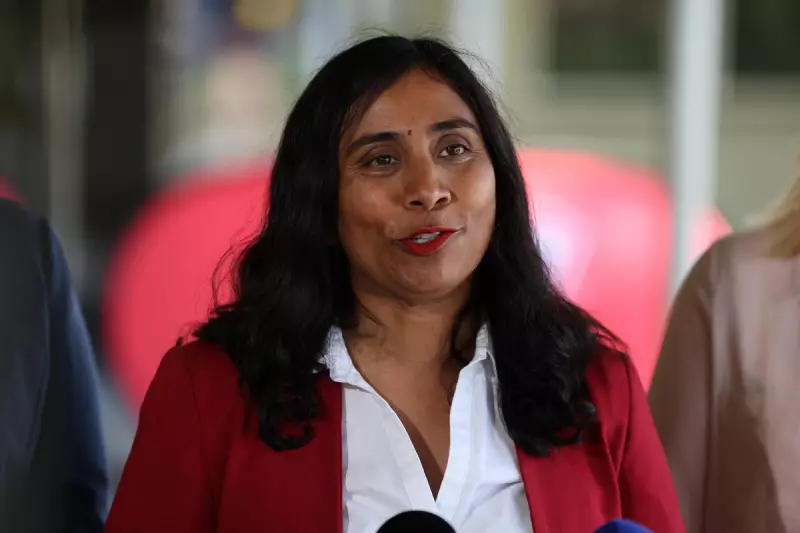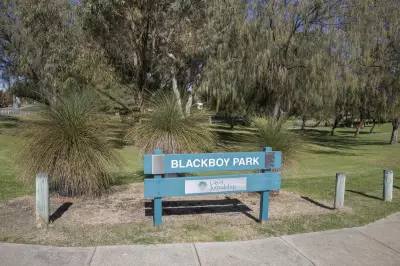
A startling new report has revealed that only 15 percent of Australian women experiencing economic abuse attempt to seek professional help, with support services described as scarce and difficult to access nationwide.
Critical Gap in Support Services
The Centre for Women's Economic Safety report, released on Wednesday, found that specialist services for victims remain 'few and far between' despite the alarming prevalence of economic abuse across Australia. The research uncovered that 44 percent of women who tried to access support were unable to find it due to the severe shortage of appropriate services.
Economic abuse represents a particularly insidious form of domestic and family violence that manifests in various controlling behaviours. These include restricting access to bank accounts, concealing financial information, manipulating household finances, sabotaging employment opportunities, and refusing to contribute to essential bills.
Government Response and Systemic Challenges
Centre director Rebecca Glenn has called for immediate action from both State and Federal governments to improve support accessibility for victim-survivors. 'Despite its prevalence, services that support women experiencing economic abuse are few and far between, meaning many women who seek support are unable to find it,' Ms Glenn stated.
The issue gained national attention through a landmark Federal inquiry last year that highlighted how widespread economic abuse has become in Australia. The inquiry's comprehensive 152-page report, tabled in December 2024, contained 61 recommendations addressing the crisis.
Zaneta Mascarenhas, Chair of the parliamentary joint committee on human rights, initiated the inquiry after encountering a domestic violence survivor in her Perth electorate of Swan. The victim was struggling with debts accumulated in her name by her abuser while she was in a coma.
'I was surprised by the scale of abuse we saw of those systems — seeing that it's not just financial systems, but it's government systems as well,' Ms Mascarenhas revealed. She noted that victims' inability to connect with support emerged as a consistent theme throughout the inquiry.
Breaking Down Barriers to Support
Ms Mascarenhas described the current support system as a 'patchwork quilt' of services that proves incredibly difficult for victims to navigate. 'My observation was that there's help behind a door but sometimes you don't even know that there's a door there, and then, how do you open that door?' she explained.
Significant barriers preventing victims from seeking help include:
- Limited awareness about what constitutes economic abuse
- Language and cultural barriers
- Safety concerns for victims
- Geographic isolation and connectivity issues
In response to these challenges, the crisis helpline 1800RESPECT has developed a dedicated pathway to direct survivors toward financial support services. The Federal Government announced a $41 million investment in the service on Tuesday, following a staggering 3000 percent surge in demand.
Social Services Minister Tanya Plibersek emphasized the dramatic growth in service requirements, noting that while the helpline received 11,000 calls annually when established 15 years ago, it handled 342,000 contacts in the last financial year alone.
'These investments are beginning to make a difference. We have to acknowledge success when we see it,' Minister Plibersek stated. 'But do we think we've done enough? Not enough. Not while there is one victim of family, domestic or sexual violence will this Government rest.'
Opposition leader Sussan Ley acknowledged the Government's contribution to 1800RESPECT, having previously urged Australians to 'maintain the rage' over domestic violence during a powerful parliamentary speech on Monday.
If you or someone you know needs support, contact 1800RESPECT at 1800 737 732 or text 0458 737 732.





